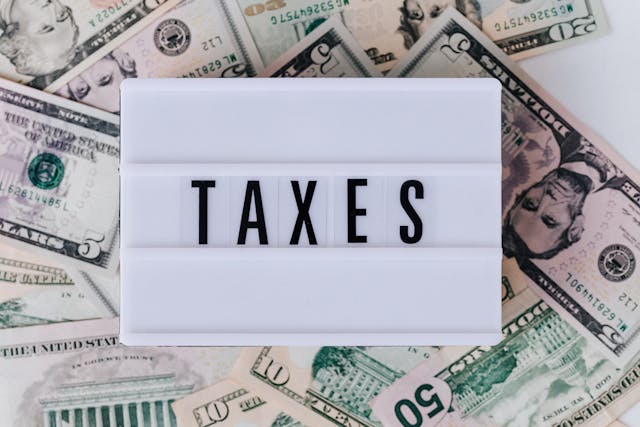Tax planning is a critical element of financial management for small businesses in the UK. Effective tax planning allows businesses to minimize their tax liabilities while maximizing their profits. In this blog post, we’ll explore essential tax planning tips tailored specifically for small businesses operating in the UK.
Understanding Tax Obligations
Before delving into tax planning strategies, it’s crucial for small business owners to have a comprehensive understanding of their tax obligations in the UK. This includes getting familiar with corporation tax, value-added tax (VAT), National Insurance contributions, and business rates. Having clarity on these obligations is essential for effective financial planning.
When seeking professional advice for optimal tax planning strategies, small business owners in the UK can explore reputable platforms such as financialadvisers.co.uk to connect with experienced financial advisors and tax experts.
Maintain Accurate Records
Accurate financial records are the foundation of successful tax planning. Keeping meticulous records of income, expenses, invoices, and receipts throughout the year not only simplifies the tax filing process but also provides valuable insights into the financial health of the business.
Leverage Deductions and Allowances
Small business owners in the UK are entitled to various deductions and allowances that can help to reduce their taxable income. These may include deductible business expenses such as rent, utilities, office supplies, and professional fees. Additionally, capital allowances for equipment and machinery purchases can be advantageous for lowering tax liabilities.
Consider Incorporation
For some small businesses, incorporating as a limited company can offer significant tax advantages. Operating as a limited company can result in lower corporate tax rates and increased flexibility in profit distribution. However, it’s essential to carefully weigh the administrative responsibilities associated with incorporation against the potential tax benefits.
Explore Tax-Efficient Investments
Investing in tax-efficient opportunities can further optimize a small business’s tax planning strategy. For instance, participating in research and development (R&D) projects can qualify for tax credits under the government’s R&D tax relief scheme. Similarly, contributing to pension schemes for both the business owner and employees can provide tax advantages while securing future financial stability.
Plan for Capital Gains Tax
Small business owners should also consider the implications of capital gains tax (CGT) when selling assets or shares. CGT applies to the profit made from the sale of certain assets, and careful planning can help to minimize its impact on finances. Utilizing exemptions and reliefs can help mitigate CGT liabilities effectively.
Stay Informed About Tax Legislation
Tax laws and regulations are subject to change, making it essential for small business owners to stay updated on any relevant updates. Subscribing to newsletters, attending seminars, and consulting with tax advisors can help ensure compliance with current tax laws and identify new opportunities for tax savings.
Seek Professional Advice
While some aspects of tax planning can be managed independently, seeking professional advice from accountants or tax advisors is highly recommended. Experienced advisors can offer valuable insights and tailor tax planning strategies to suit the specific needs of the business, ultimately maximizing tax efficiency.
Conclusion
Effective tax planning is indispensable for small businesses in the UK to navigate the complexities of the tax system while optimizing financial outcomes. By understanding tax obligations, maintaining accurate records, leveraging deductions and allowances, and exploring tax-efficient investments, businesses can minimize tax liabilities and maximize profits. Staying informed about tax legislation changes and seeking professional advice when needed are key components of a successful tax planning strategy.


